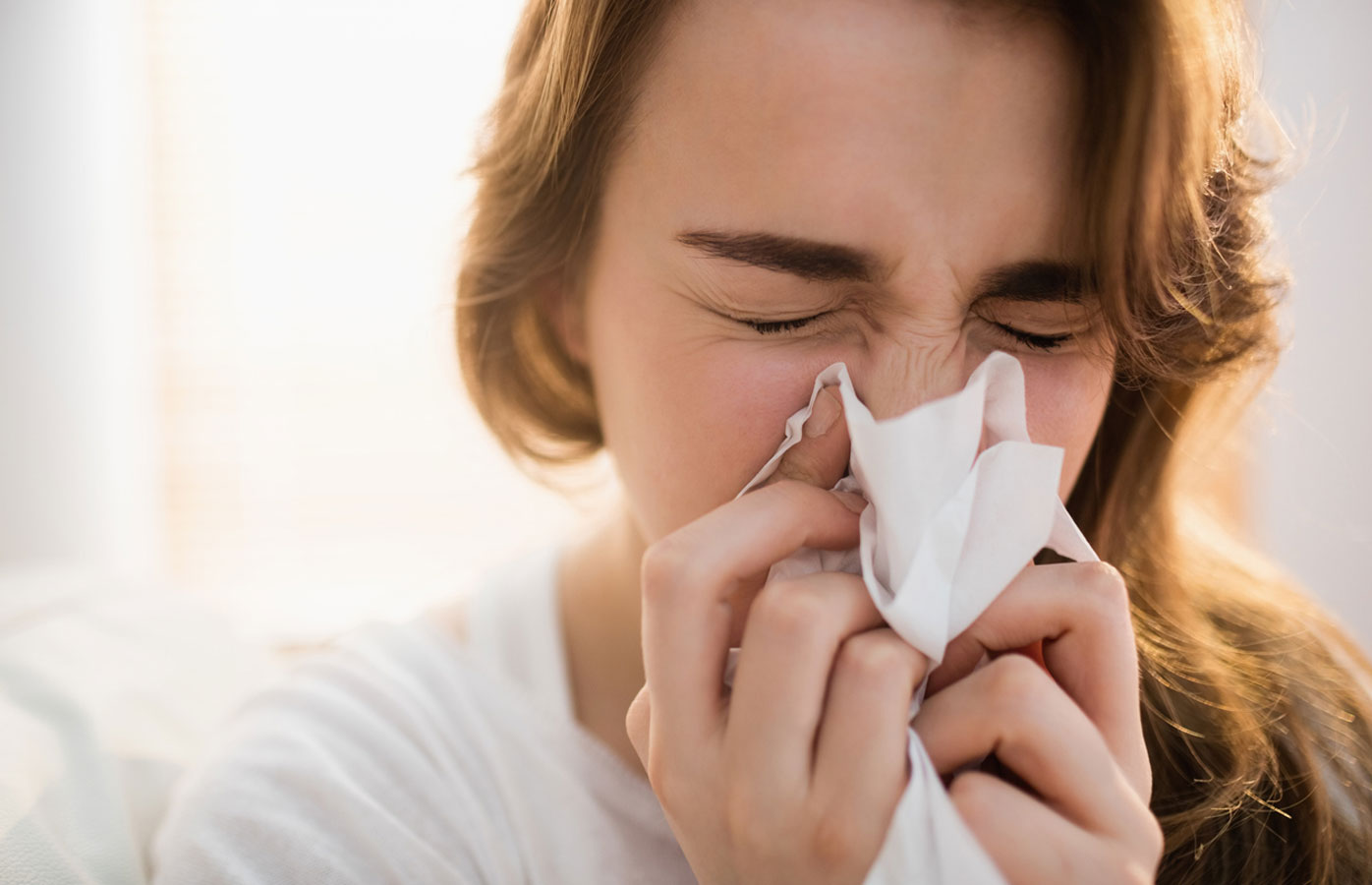
Australians afflicted by asthma are being warned to remain vigilant as hay fever season arrives early this year.
Allergic rhinitis – the medical name for the widespread condition – affects 1 in 5 people and typically peaks during spring and summer.
But doctors say they are seeing an increase in patients as weather changes spark an earlier-than-usual pollen season in parts of the country.
LIVE UPDATES: Trump target of ‘attempted assassination’, suspect arrested
Bupa Clinical Director Dr Tony MacDermott said asthmatics should take extra caution this season as hay fever and asthma symptoms often overlap.
“If you’re wheezing or experiencing shortness of breath or a persistent cough, don’t let that go unchecked as they’re not typical hay fever symptoms and may be signs of seasonal asthma,” he said.
“During spring, grass pollen can be spread across large distances by weather events such as thunderstorms, which may exasperate hay fever and worsen asthma.
READ MORE: Death toll jumps in storm dubbed worse than ‘flood of the century’
Hay fever symptoms include sneezing, coughing, runny or blocked nose, as well as itchy, red, or watery eyes and an itchy throat.
Asthma symptoms can include wheezing, chest tightness, coughing, sweating, faintness and shortness of breath.
MacDermott encouraged people with symptoms to visit their GP or a specialised allergy clinic to determine if they’re suffering from hay fever or asthma.
“If you suffer from asthma, now is a good time to ensure your inhaler is not past its expiry date and not empty,” he said.
“Prevention is the best way to manage asthma and helps take pressure off ambulances and overcrowded public hospitals.”
FOLLOW US ON WHATSAPP HERE: Stay across all the latest in breaking news, celebrity and sport via our WhatsApp channel. No comments, no algorithm and nobody can see your private details.
links to content on ABC
9News





